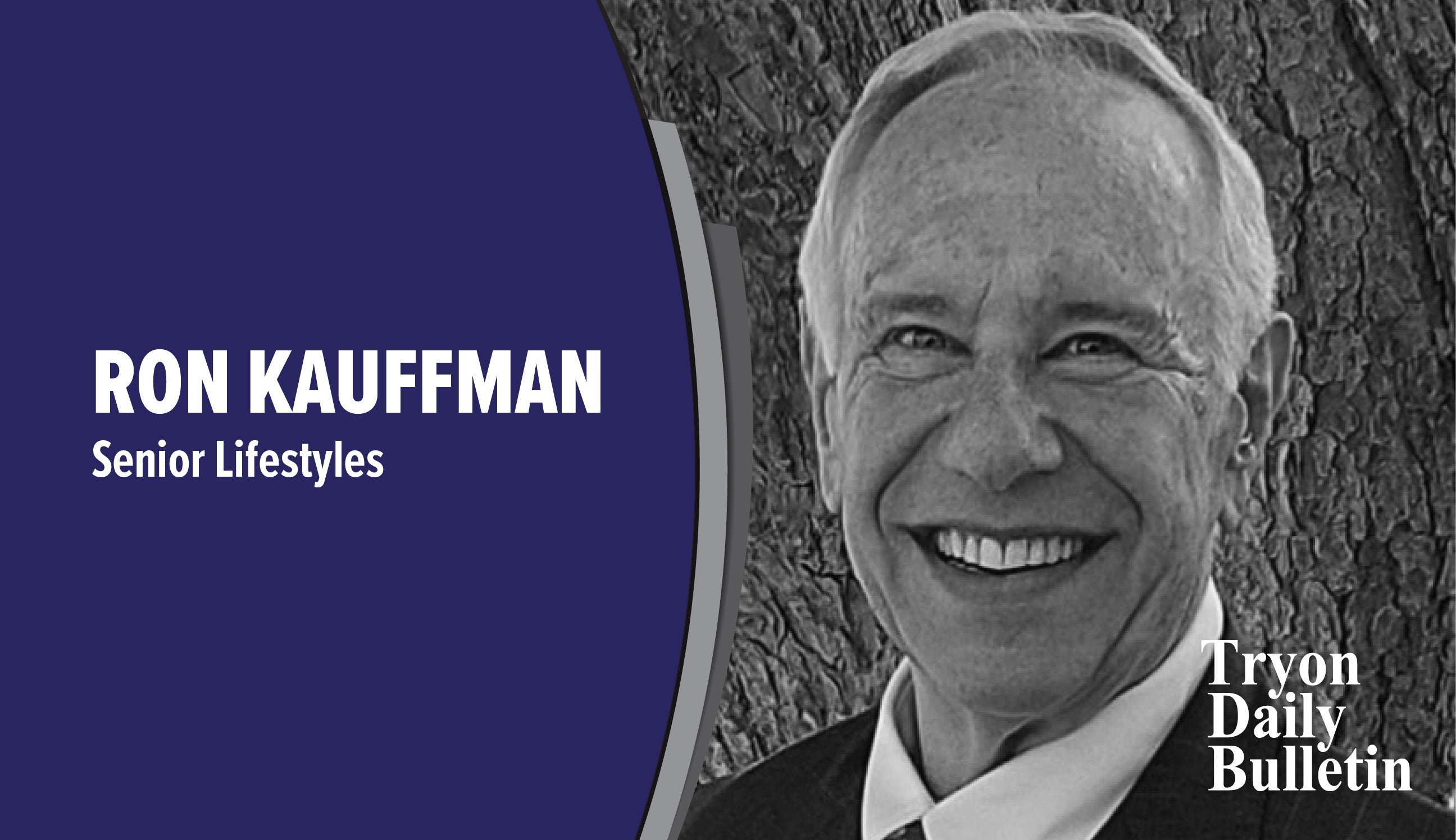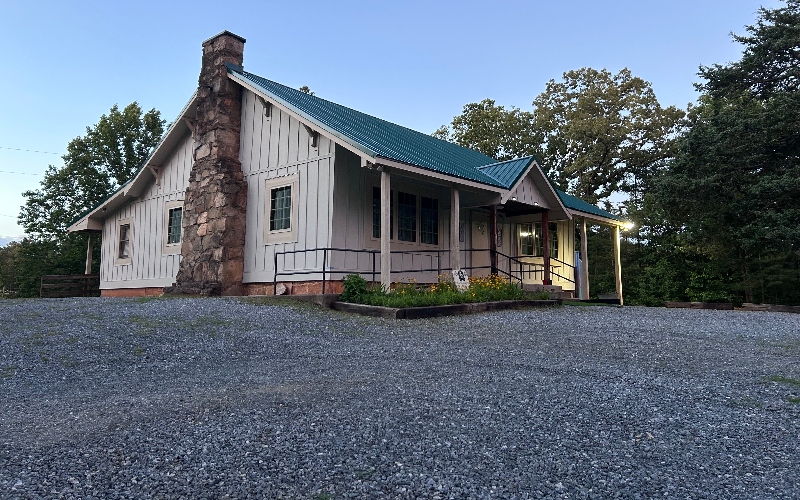What to expect as we age
Published 12:49 pm Monday, January 9, 2023
|
Getting your Trinity Audio player ready...
|
To the best of my knowledge, all of us age, one day at a time. It’s also true that some of us age better than others, but we all experience change. Most of these changes occur very slowly or subtly, and we hardly notice them unless they affect our outward appearances, like facial wrinkles or gray hair.
Not everyone experiences the same changes, but here’s a short list of what you might experience as you get older and how aging will affect you.
Your Heart – The most common change is a stiffening of the blood vessels and arteries, causing your heart to work harder to pump blood through them. Your heart rate at rest may stay about the same, but may not increase during activities as much as it used to, thereby increasing the risk of high blood pressure and other cardiovascular problems.
Your Bones and Muscles – Bones tend to shrink in size and density, weakening them and making them more susceptible to fracture. You might even become a bit shorter. Muscles generally lose strength, endurance, and flexibility — factors that can affect your coordination, stability, and balance.
Your Memory and Thinking Capability – Your brain undergoes changes as you age that may have minor effects on your memory or thinking skills. For example, healthy older adults might forget familiar names or words, or they may find it more difficult to multitask. This is normal and doesn’t mean you have dementia or Alzheimer’s disease, as the symptoms of those diseases are progressive and more significant in your daily life.
Your Eyes and Ears – As you age, reading and focusing on objects that are close tend to become difficult.You may become sensitive to glare, especially when driving at night and may have trouble adapting to different levels of light. Aging also tends to affect your eye’s lens, and almost all seniors develop cataracts. This condition can be corrected by a simple procedure paid for by Medicare. Most seniors also tend to have diminished hearing, particularly higher frequencies like the voices of children, as well as difficulty in crowded or noisy areas.
Your Skin – With age, your skin thins, and becomes less elastic and more fragile. You might notice that you bruise more easily. Decreased production of natural oils might make your skin drier. Wrinkles, age spots and small growths called skin tags are more common.
Your Weight – Your body’s metabolism slows, and you burn calories more slowly as you age. If you decrease activities but continue to eat the same foods and amounts as usual, you’ll gain weight.
Solutions to Slow the Aging Process – For the issues listed above, and many more, there are steps you can take to slow the aging process and maintain a better level of health. For my regular readers, these suggestions should not come as a surprise. Daily physical activity is a key to good health; maintain a healthy diet with more vegetables, fruits and whole grains while choosing low-fat protein sources such as fish, lean meat and skinless poultry; stay socially engaged and mentally active by reading, doing word games, learn to play an instrument or take up a new hobby; take your prescribed medicines; see your doctor regularly, and report any major changes or concerns about your health or memory to him or her, and follow the recommendations s/he may make.
While none of these recommendations will stop the aging process, they may slow them down, and in most cases will improve your life as you continue to grow older, but not old – day by day.
Ron Kauffman is a Consultant and Expert Speaker on Issues of Aging. You may contact
him by phone at (828) 696-9799 or by email at: drron561@gmail.com






